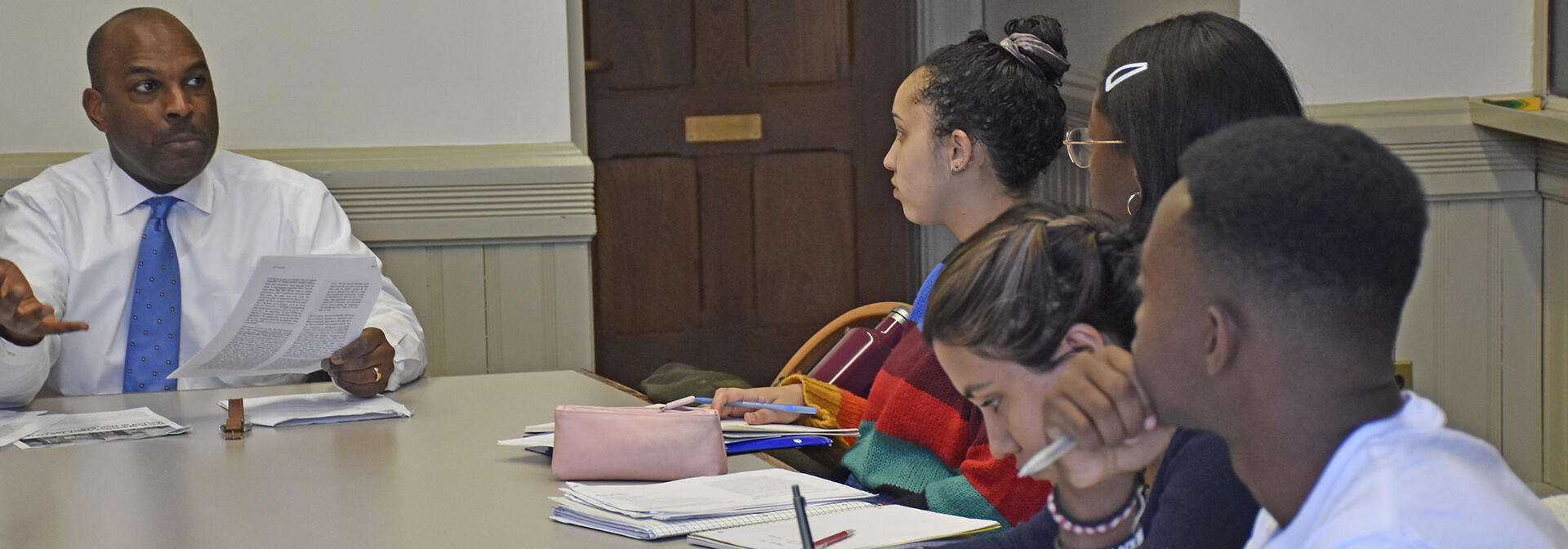First-Year Seminars for 2023-2024
First-Year Seminars are offered under the general supervision of the Standing Committee on First-Year Seminars. They are designed to intensify the intellectual experience of incoming undergraduates by allowing them to work closely with faculty members on topics of mutual interest.
First-Year seminars are graded SAT/UNS and may not be audited. Only students in their first-year in the College may take a seminar in either or both of the terms. Each seminar is worth 4 units of credit. Enrollment is limited to 12-15 students.
